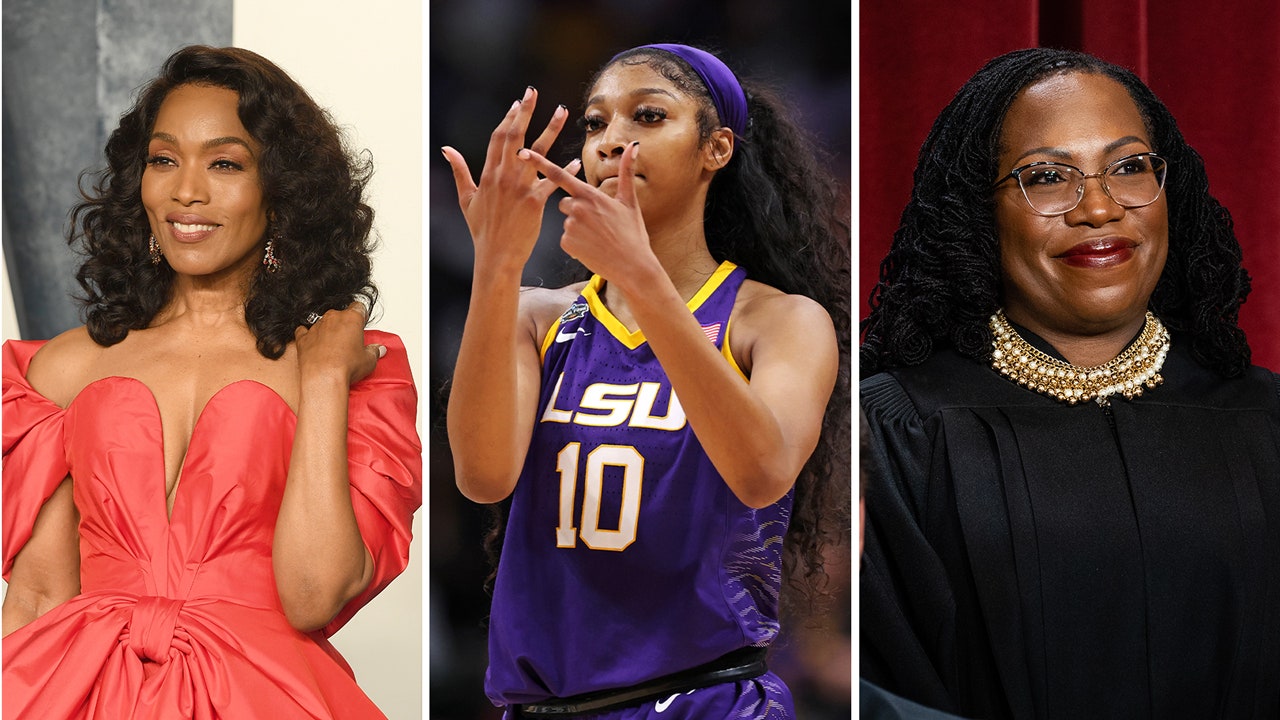Over the past three months, three major reports have been published that show Black women are not treated as equal to their peers in the workplace: specifically, as relates to hair discrimination, pay inequity, and an increased risk of pregnancy discrimination.
But we don't need reports to know that; we experience it ourselves. We are two Black women lawyers who walk the halls of the court system with the fire of our authenticity, passion, and innovation, only to have our flames continually doused by misogynoir, humiliation, and indignity. While navigating anti-Blackness in the workplace, we’ve both been told — as many Black professionals have been — to “play the game.” But the game, which is rigged with limited boxes, stereotypes, and implicit biases beyond our control, is designed for us to lose.
This is part of a larger problem with how the concept of professionalism, which in theory applies to everyone, “is used to widely police and regulate people of color in various ways including hair, tone, and food scents,” as Leah put it in an essay for the UCLA Law Review. Standards of professionalism aren't applied equally to all, and when any person of color deviates from the status quo, even to challenge workplace injustice, they are often labeled “unprofessional.” This especially impacts Black women, who are often devalued in the workplace and report feeling the least respected. For Black women, the pendulum can swing from being seen as professional if she quietly weathers toxicity to being deemed unprofessional if she reacts, defends herself, or pushes back.
We see this happen over and over again.
It happened to Angel Reese of Louisiana State University women’s basketball team: She was called a “classless piece of s**t” and a “f***ing idiot” for pointing to her ring finger and making a “you can’t see me” gesture to her opponent Caitlin Clark. Critics condemned Reese for bad sportsmanship, but her opponent, Clark, was not criticized when she made the exact same gesture recently.
It happened to Justice Ketanji Brown Jackson when she endured denigration and public humiliation as part of the US Supreme Court's hearing process to show her worthiness. Throughout the attacks, she remained composed, but she undoubtedly would have been labeled unprofessional if she had defended herself or challenged the vitriol.
It happened to Angela Bassett, who received criticism online for her reaction at the Oscars to losing in the best actress in a supporting role category (for acting as Queen Ramonda in Black Panther: Wakanda Forever) to Jamie Lee Curtis. Upon hearing Curtis announced as the winner, Bassett did not clap.
But it isn’t just about clapping or smiling more. Studies show that every aspect of Black women’s bodies are policed in the workplace: Black women wearing their hair in its natural, unprocessed state are often perceived as less professional and are less likely to get job interviews; Black women with darker skin face greater discrimination in the workplace than Black women with lighter skin tones.
How we show emotion is policed: One study discussed in the Harvard Business Review revealed that any display of anger by Black women professionals is deemed a personality defect, which often results in lower performance ratings and leadership evaluations. Even how we demonstrate ambition is policed: A 2022 study found that 59% of Black women leaders want to be top executives, compared with 49% of women leaders overall. Despite these aspirations, Black women are more likely to receive indications that advancement isn’t possible.
Black women often experience all of these barriers in the process of just doing their job — and are overall still paid 64 cents for every dollar paid compared with white men. Policing Black women in the workplace under the guise of professionalism must stop. The question isn’t whether Angela Bassett should have clapped; the question is, who claps for Black women?
One way to support Black women is to speak up when disrespect or misogynoir is directed at us. We, as a society, need to move past scrutinizing how Black people respond to racism or indignity and focus instead on rectifying and admonishing the actual conduct that prompts the response. In constantly praising or obsessing over an individual’s composed reaction, we all normalize what’s been called the “bias threshold” — just how much people of color are expected to endure workplace aggression, racism, and humiliation. It’s never a true win to determine a person is a consummate professional based on how well they navigate a toxic workplace.
Another way to support Black women is to listen when we speak up about mistreatment. Be mindful about calling Black women “extra” or “irrational” simply for challenging disrespectful behavior. It isn’t coincidental that Black people who had been enslaved and liberated themselves during the Antebellum era were diagnosed with drapetomania — or the “disease of causing a slave to run away" — and that Black people challenging injustice are sometimes attacked using ableist language.
We need to transform how we treat Black women in the workplace and in schools. So we clap for Kecia Thomas, PhD, who in her research coined the term for the “pet to threat” phenomenon, chronicling how many Black women in the workplace go from being mentored to being marginalized. We clap for feminist scholar Kimberlé Crenshaw who coined the term “intersectionality” to acknowledge various marginalized identities, including those of Black women, who face very specific, overlapping forms of oppression. We clap for Hattie Canty, a union activist and one of the greatest strike leaders in US history, who fought for fair wages and healthy working conditions. We clap for Angela Bassett, who portrays a kaleidoscope of Black women onscreen with brilliance and excellence, and for helping to pave the way for other Black actors.
And we clap for all Black women everywhere, who are undervalued and under-appreciated in the workplace, in the courts, and in institutions of higher education.
Stay up-to-date with the politics team. Sign up for the Teen Vogue Take
